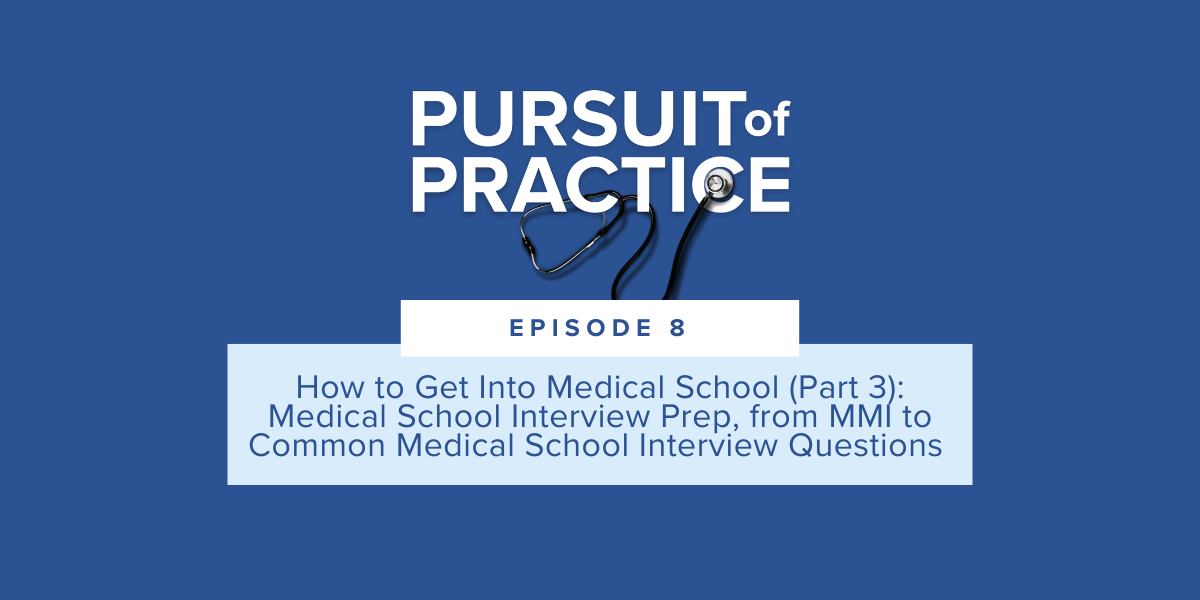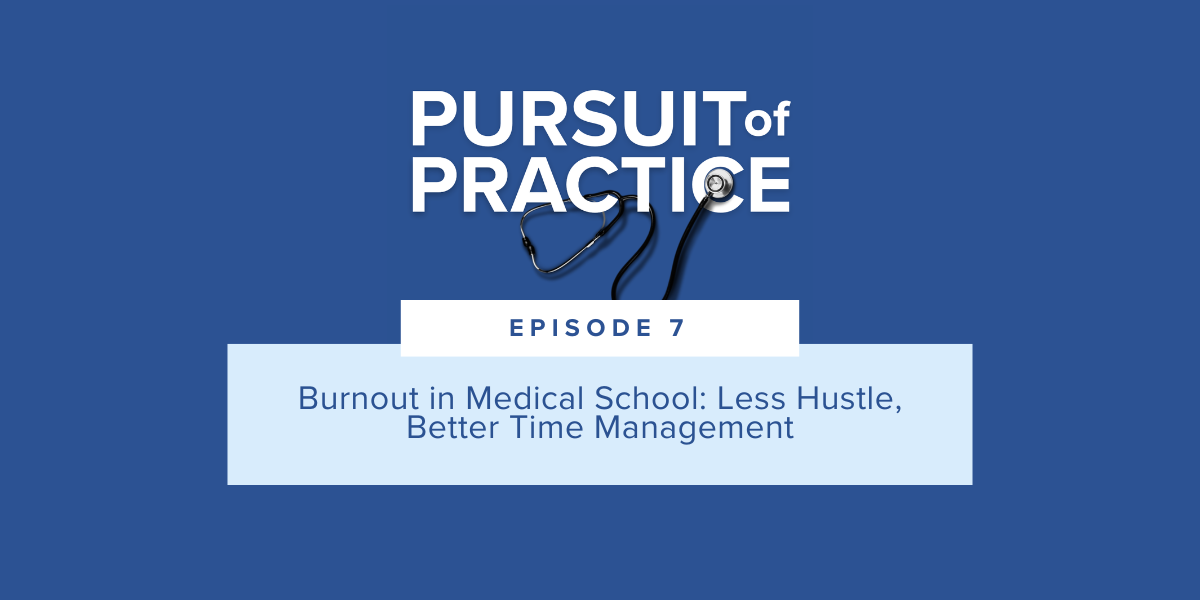Premed students are famous for being the busiest on campus, between lectures, labs, volunteering, research, and MCAT prep. So when it comes to adding a job into the mix, it can be helpful if it serves more than one purpose. Ideally, you want a job that helps cover expenses and builds up your medical school application. The good news is that there are a ton of paid positions that can do exactly that. Whether you’re hoping to gain clinical hours, dip your toes into research, or simply get a better understanding of working in healthcare, many jobs for premed students can help you grow as a future physician and earn a paycheck.
Popular Jobs for Premed Students
1. Medical Scribe
Medical scribes document real-time patient visits alongside doctors in a variety of clinical settings, from offices to the emergency department. This means you will be in the room during consultations or procedures, entering information into the electronic medical record. This counts as clinical experience and helps you see how doctors make decisions and interact with patients. You will also quickly build up your medical vocabulary. If you have a packed schedule, you can also apply for remote positions as a medical scribe.
2. Emergency Medical Technician (EMT)
EMTs provide immediate care to patients in emergency situations and transport them to medical facilities. This requires certification, and many colleges offer these on campus, and they can be completed in a few months. This is a high-intensity, hands-on clinical premed job that will teach you how to assess situations quickly, think under pressure, and work as a member of a medical team. It’s important to note that shifts can be long and unpredictable, so it may be best for summer or gap year work.
3. Patient Care Technician (PCT) or Certified Nurse Assistant (CNA)
PCTs and CNAs assist nurses with patient care in hospitals, nursing homes, and clinics. This might include helping patients bathe, monitoring vital signs, and communicating patient needs to nurses. This is direct patient interaction and allows you to work closely with patients in vulnerable situations. You will also gain a deeper understanding of the patient experience and how to work as a member of the healthcare team. CNAs require certification, but PCT roles often do not. Many different scheduling styles and opportunities may allow you to work during the school year.
Sign up to get expert tips and exclusive invites to free MCAT classes and medical school admissions workshops!
4. Phlebotomist
Phlebotomists draw blood from patients for testing, transfusions, or donations. Like EMTs and CNAs, this requires certification, which can take a few weeks or months. This job will help you gain confidence in a clinical setting and will also help you practice patient communication skills. In general, phlebotomy is a high-demand skill, and you can often find part-time or per-diem schedules, making it a perfect job for premed students.
5. Medical Assistant
Medical assistants work in outpatient settings and handle administrative and clinical tasks, including taking vitals, updating medical records, or helping prep patients for exams by the healthcare providers. This is a great mix of patient interaction and participating in the operation of a medical practice, and can help you get exposure to more specialized fields in medicine, such as dermatology or family medicine.
6. Home Health Aide or Hospice Volunteer (Paid)
This is a role outside the typical healthcare setting. In this job, you will go to patients’ homes to assist with daily tasks, medication reminders, and mobility. Some hospice organizations offer paid positions as aides. This is deeply rooted in the personal care of patients, and teaches empathy, patience, and communication.
7. Clinical Research Assistant
Clinical research assistants help conduct clinical trials or patient-based research. This may include data entry, patient recruitment, conducting interviews, and assisting with protocol compliance. This type of premed job will help you understand how research translates into clinical practice. You might even contribute to a publication, which is great for applications. You also have the opportunity to network and make connections in the field. Moreover, research is an important part of medical school and many physicians’ careers. This early exposure can help you understand how you might want to incorporate research into your future.
8. Tutoring or Teaching Assistant
This is a very broad category, and can include tutoring high school or college students in any subject, or helping with test prep for the SAT, ACT, or MCAT. Teaching experience is very helpful for a future physician, as it will help you gain leadership and communication skills. Not to mention, teaching is a critical skill for medical students and residents as you progress through medical training.
What Makes A Job Ideal For Premed Students?
A good job for premed students strikes the perfect balance between building relevant experience for medical school applications and fitting into a busy schedule. It should expose you to the healthcare field, so you can demonstrate clinical exposure, patient interaction, and genuine interest in medicine. Admissions committees love to see that you’ve taken initiative to gain hands-on experience and understand what a healthcare career involves. Bonus points if the job also develops soft skills like communication, teamwork, and time management, which are just as critical for future physicians.
Final Thoughts
As you can see, there is a wide range of jobs for premeds that can help you boost your application and help prepare you for a future career in medicine. When picking a job, it is helpful to consider your schedule, personal strengths, and what type of experience may help improve your resume. Also, don’t underestimate the value of a long-term commitment, which can show maturity and resilience in addition to the skills you learn on the job!
No matter where you are in your premed journey, Blueprint MCAT is here to help when you’re ready to take the MCAT. Whether you need the flexibility of a Self-Paced Course, the instruction of a live 515+ Course, or the 1:1 attention of a private MCAT tutor, Blueprint MCAT has the MCAT prep option that works for your learning style!
Get started with a free MCAT diagnostic, one free practice exam, and tons more MCAT prep resources.
Further Reading
🥼 How Many Hours of Clinical Experience Do You Need for Med School?: Completing clinical hours before medical school is crucial for your application, but how many hours do you really need?
🩺 How to Make Your Experiences As a Premed Count for Your Medical School Application: How do we successfully leverage our extracurricular experiences so that we can go from college freshman to M1?




